|
New
Releases |
February 13, 2026
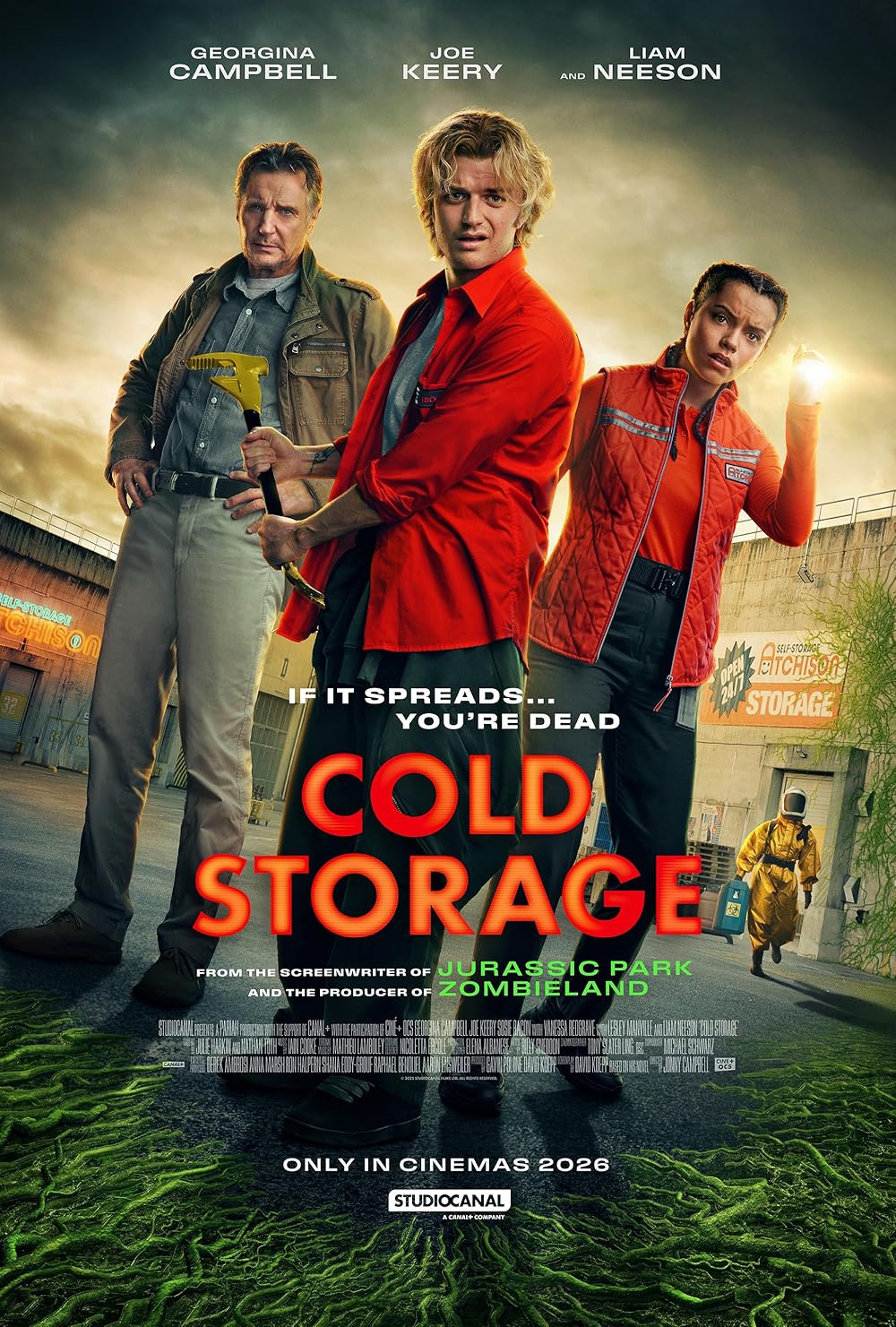
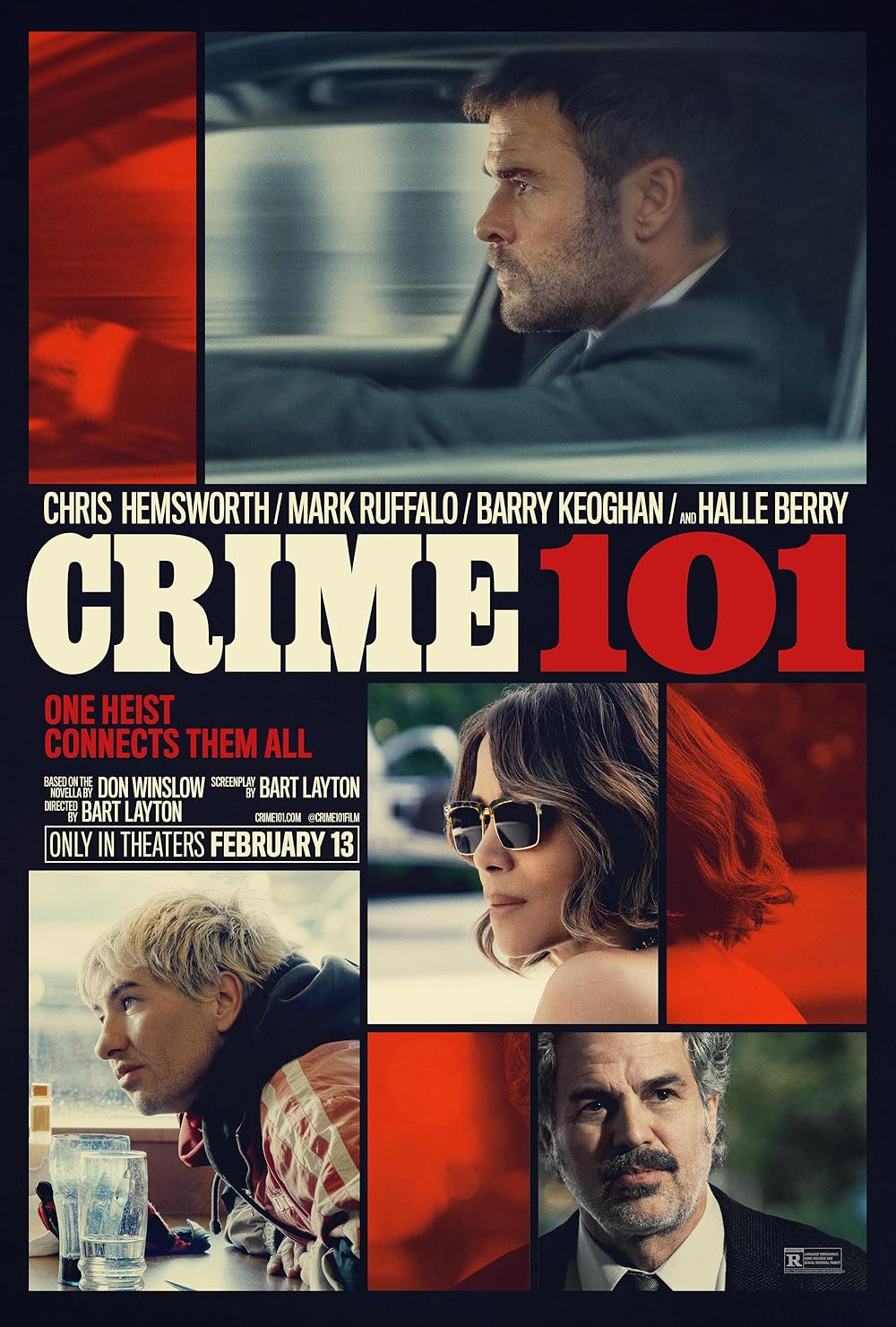
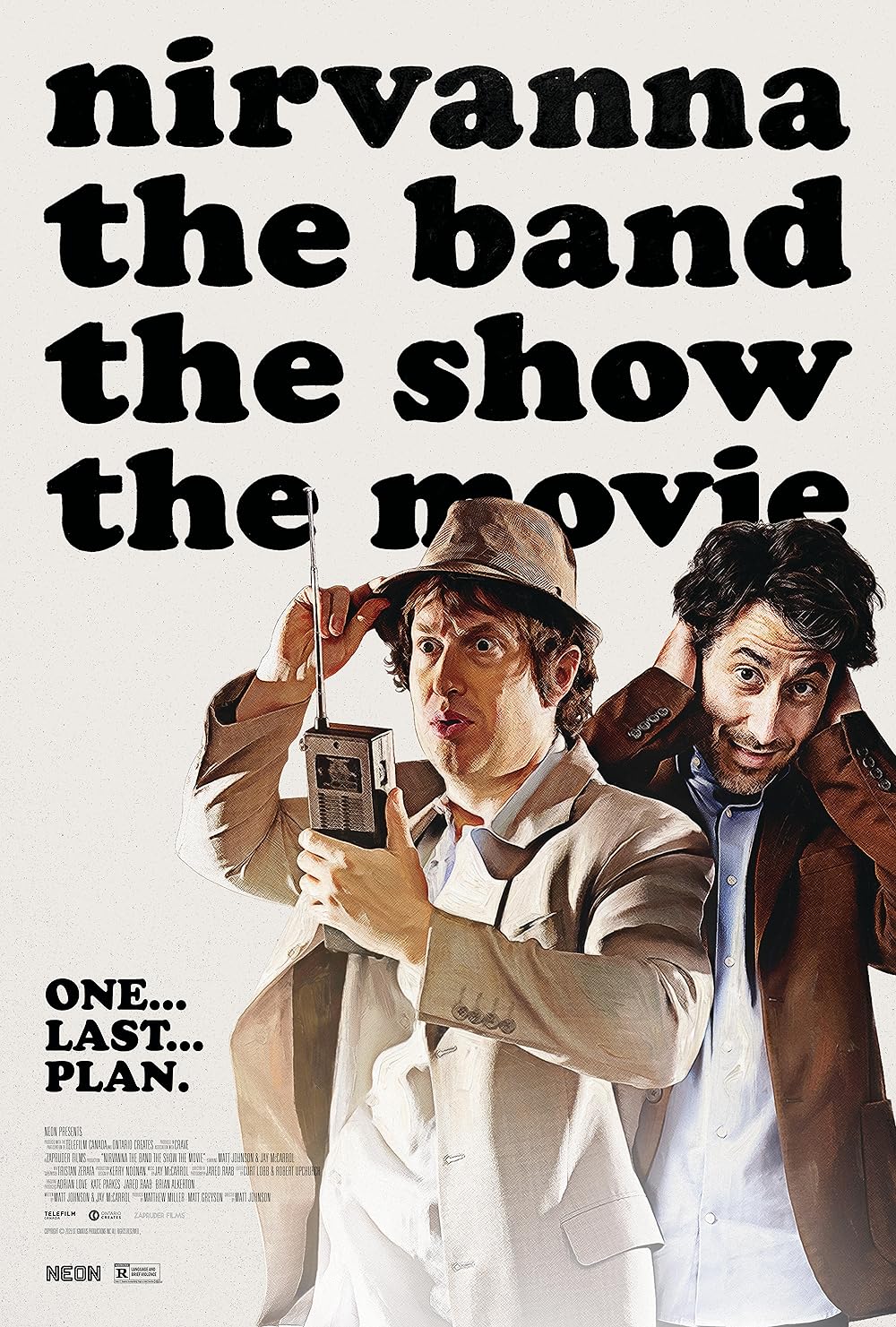
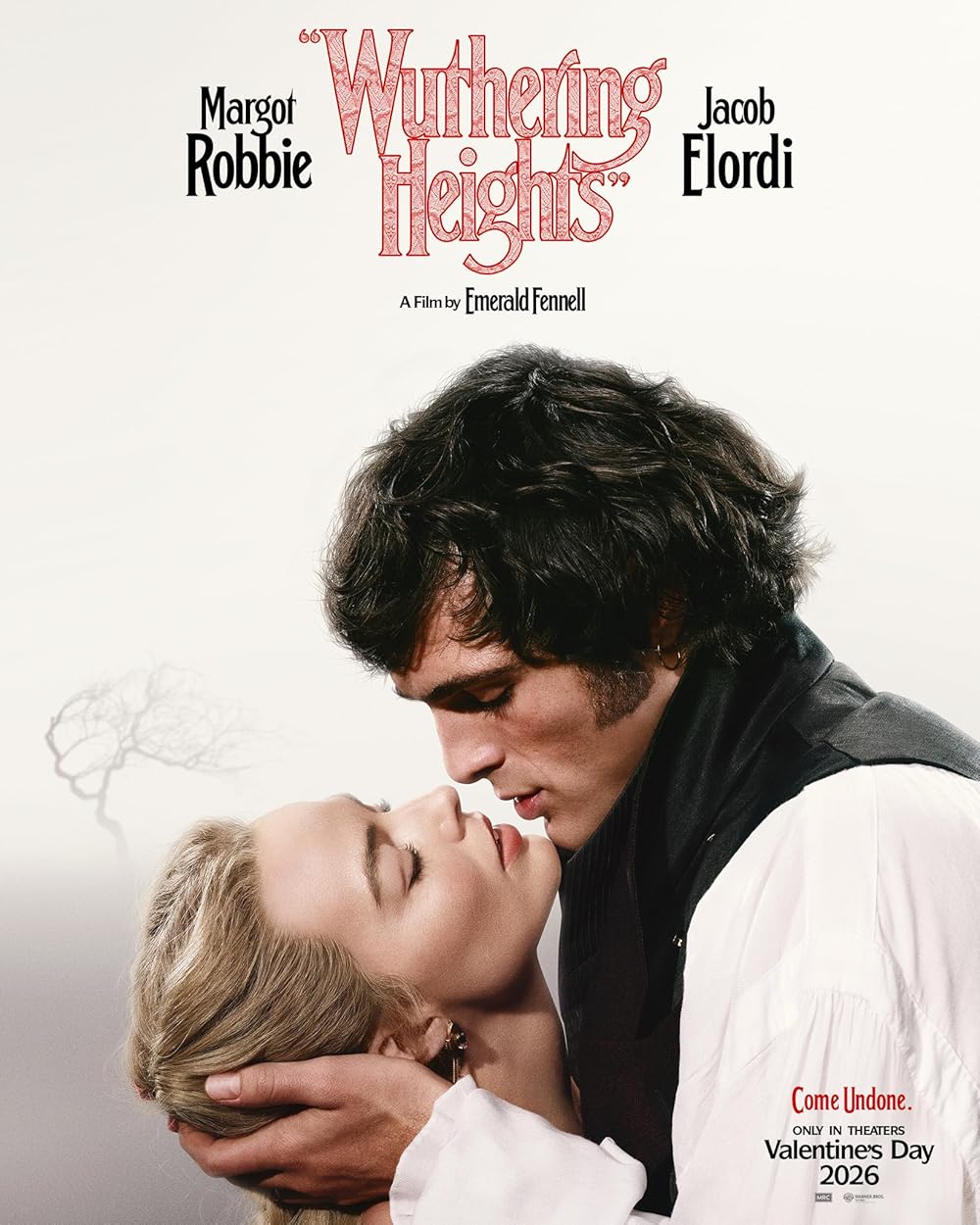 |
January 30, 2026
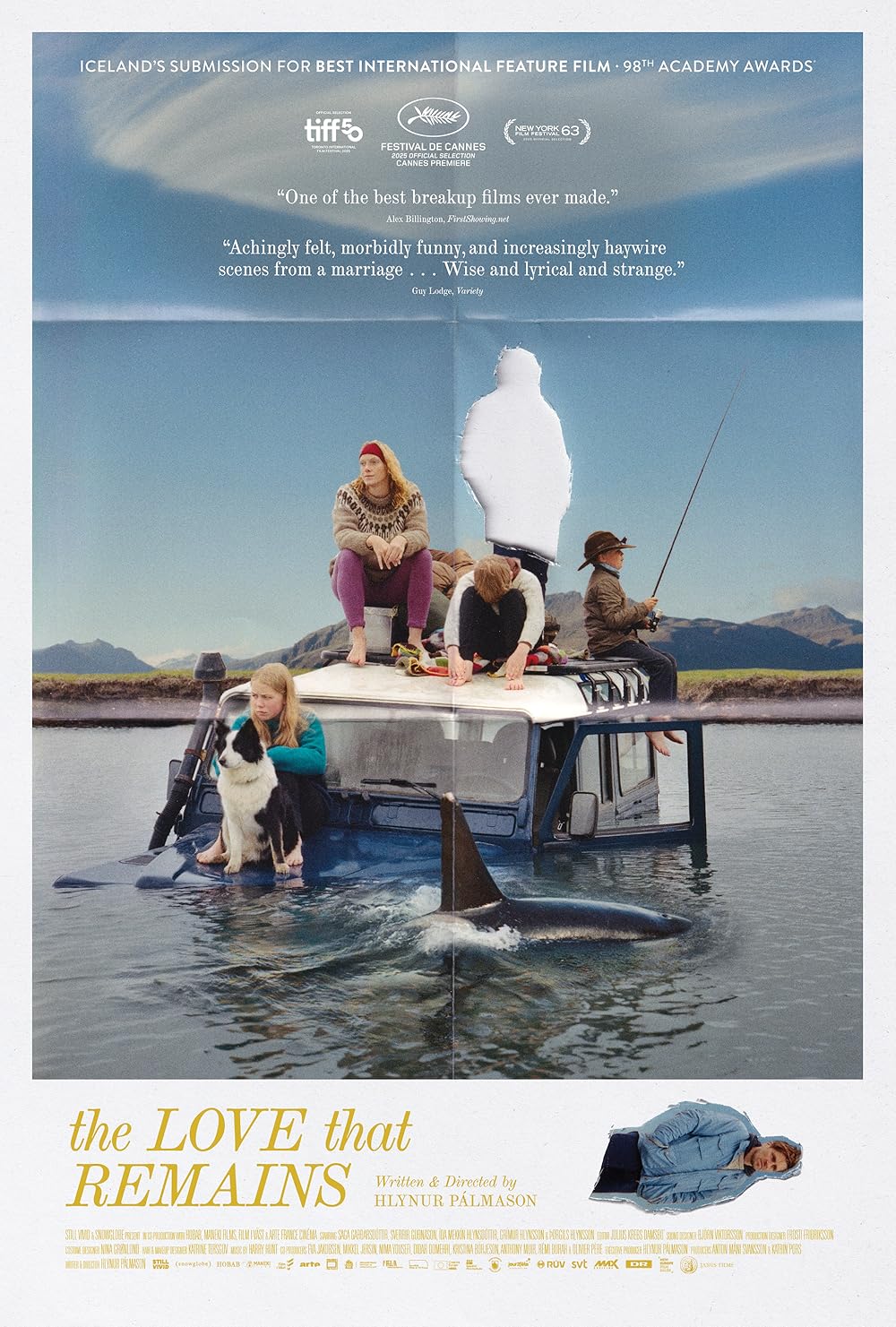
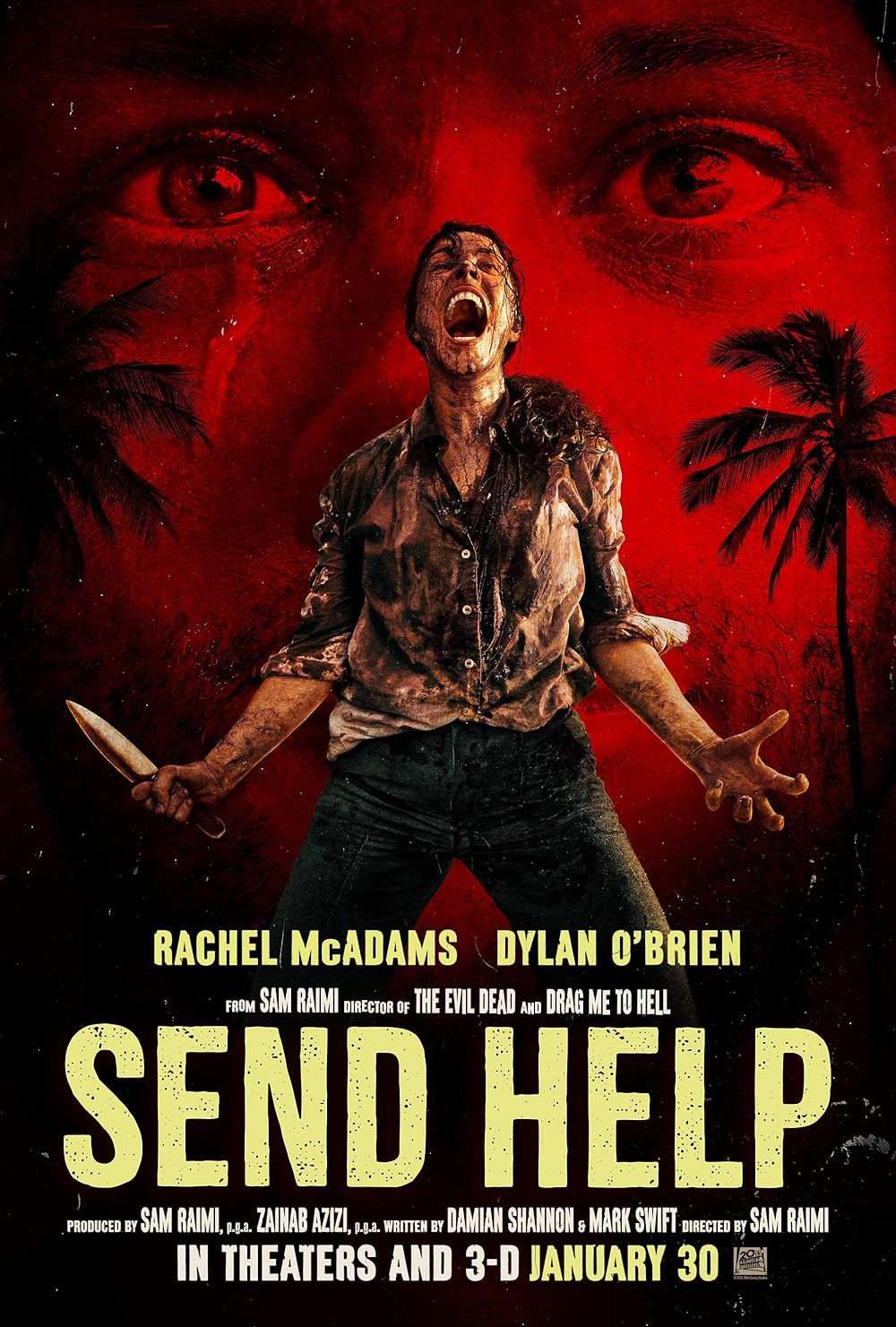

 |
January 16, 2026
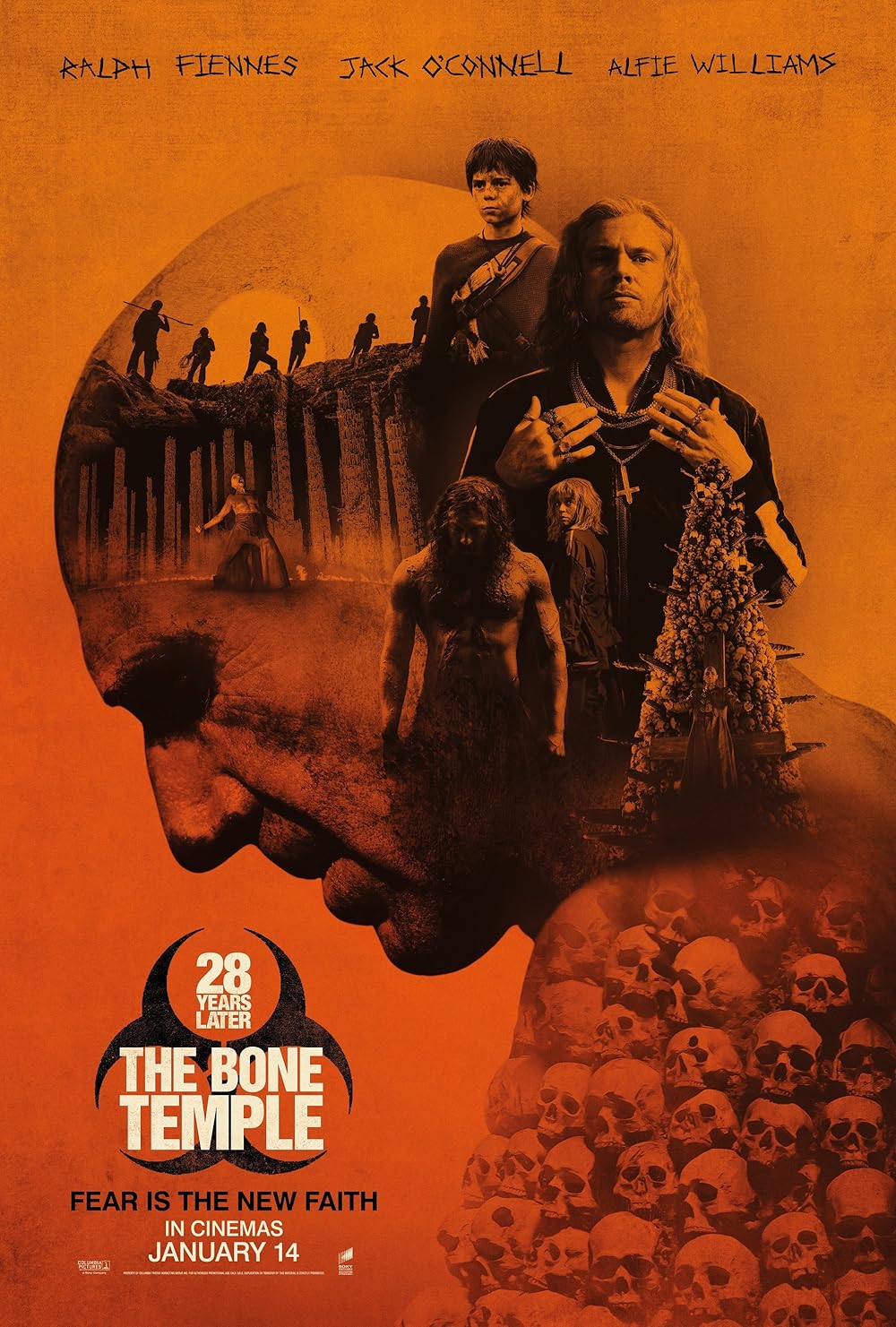
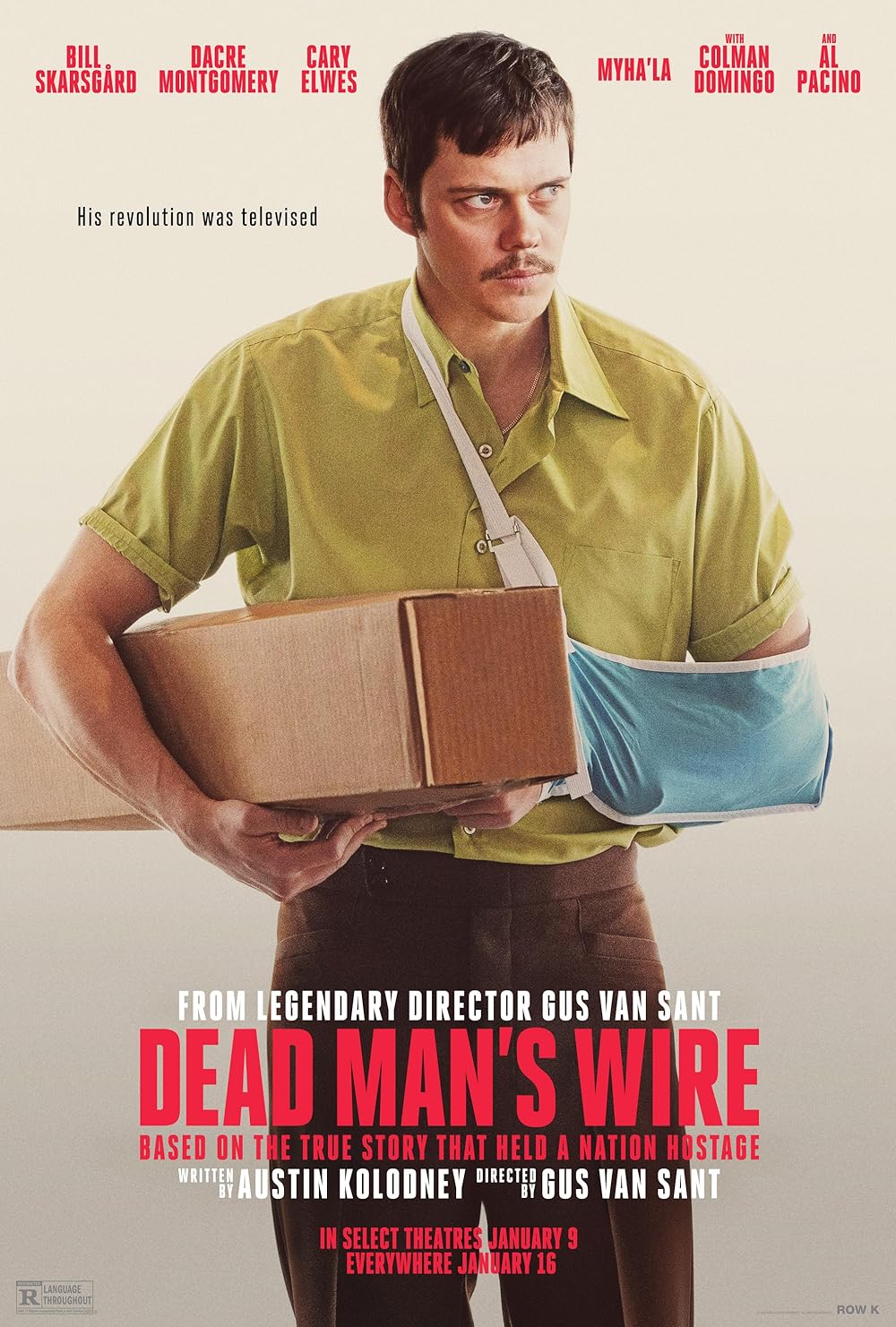
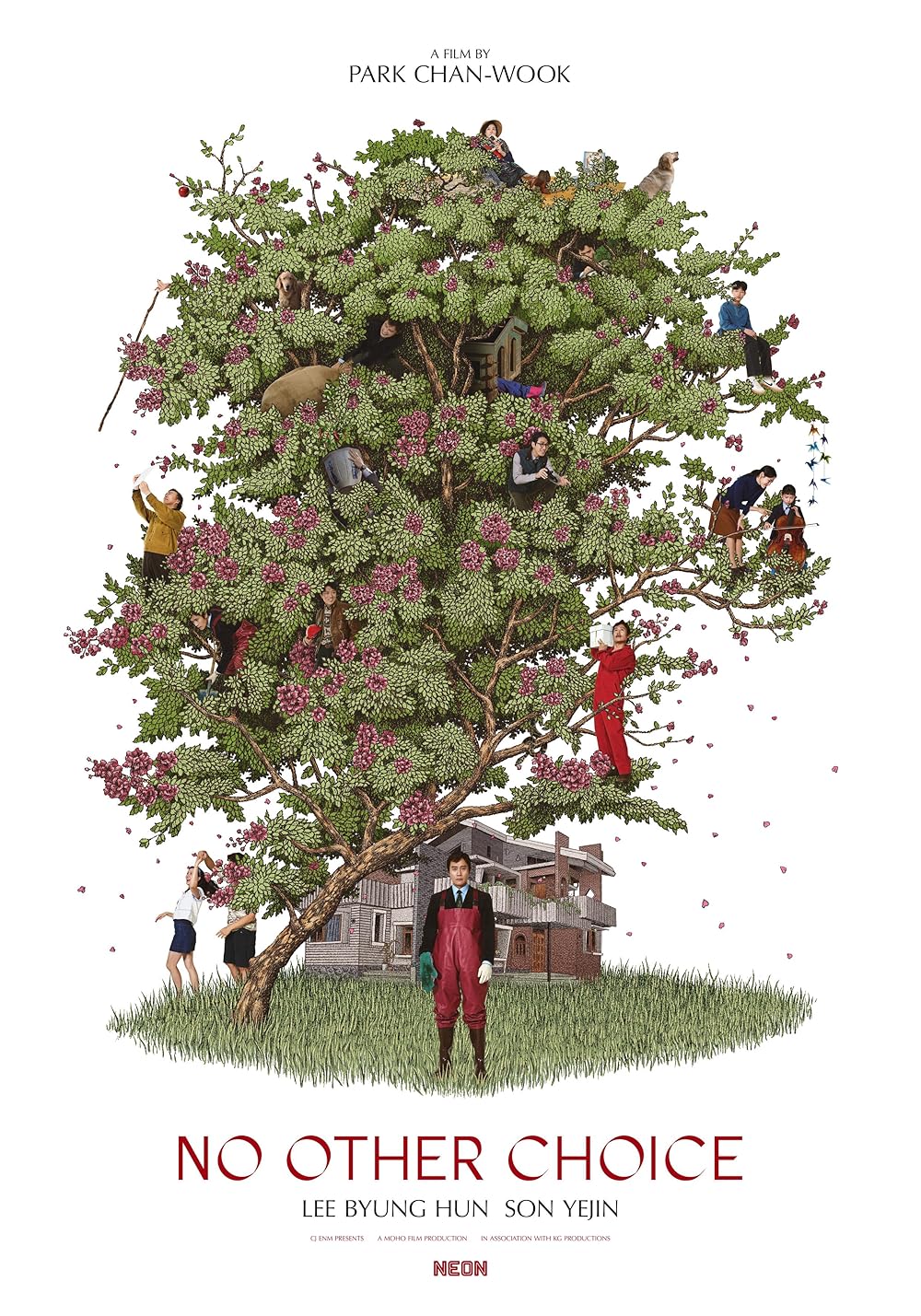
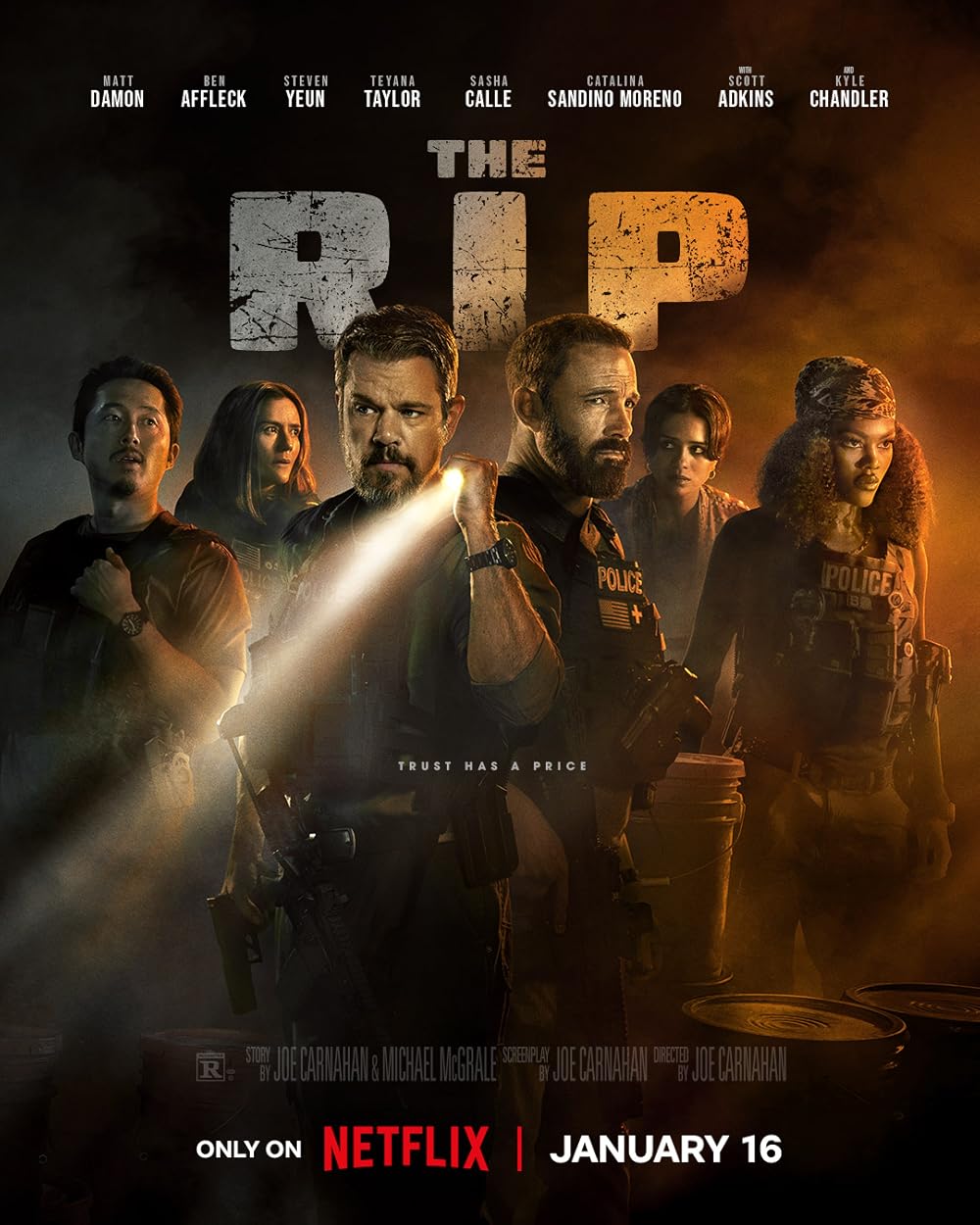 |
January 9, 2026
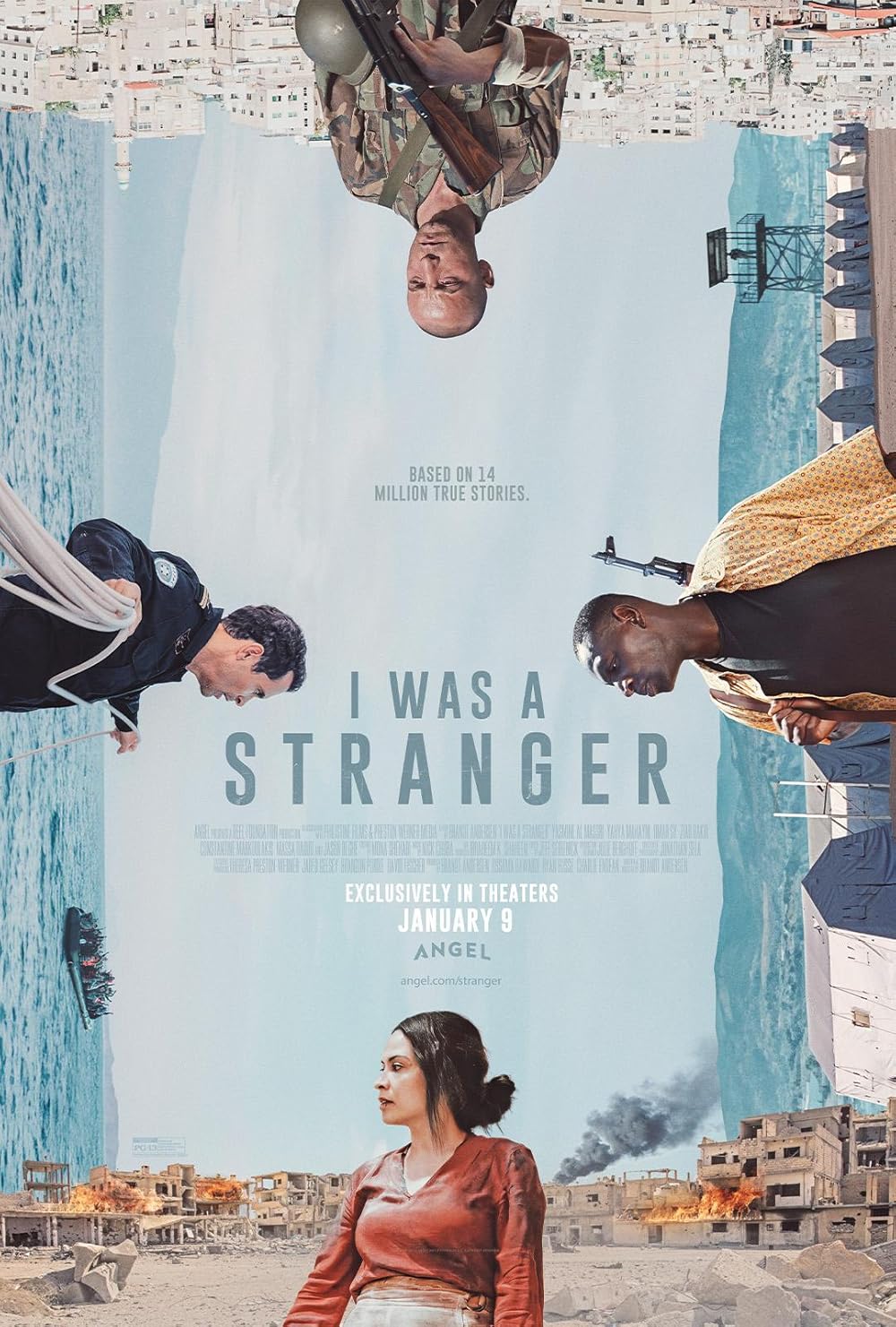
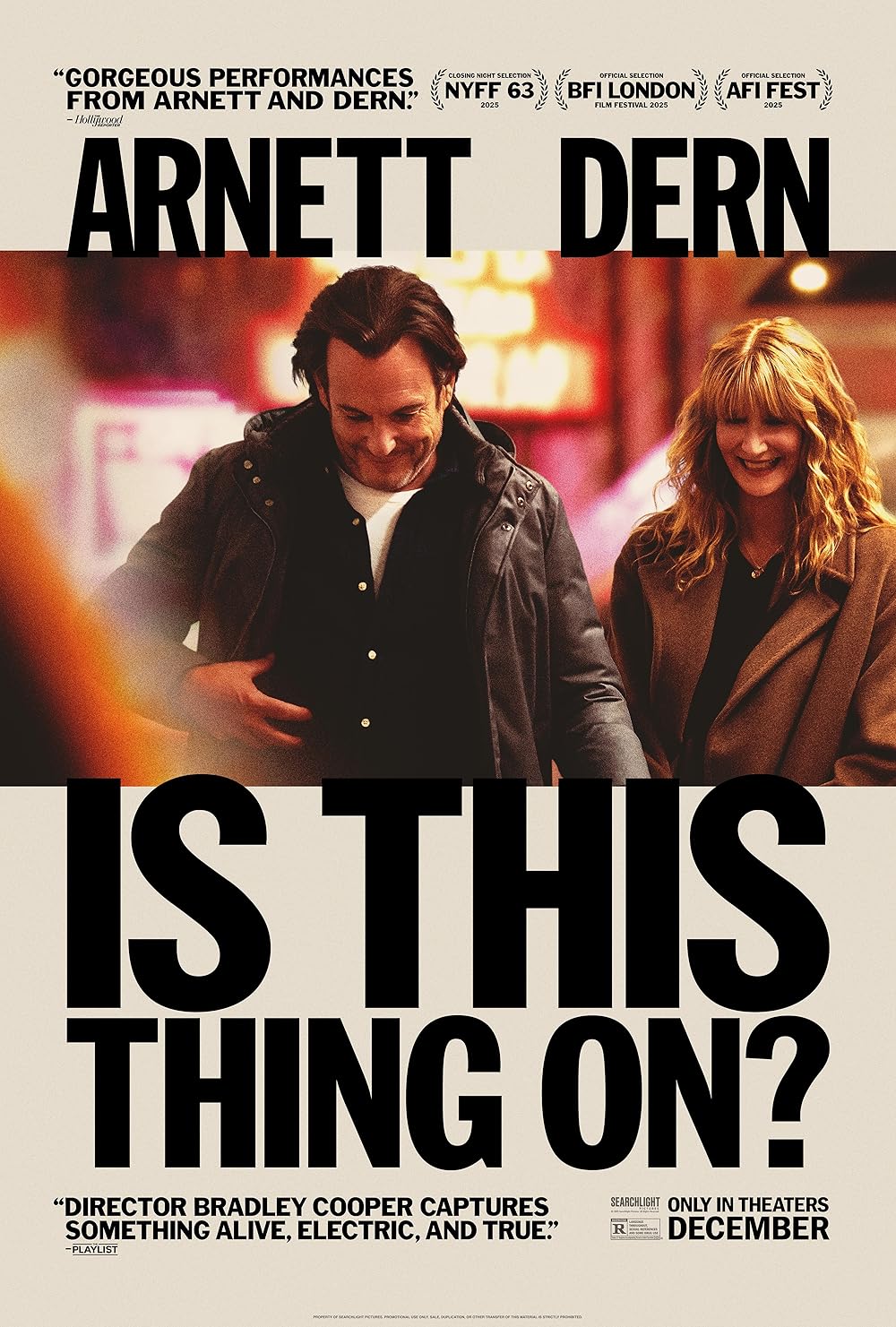 |
January 2, 2026
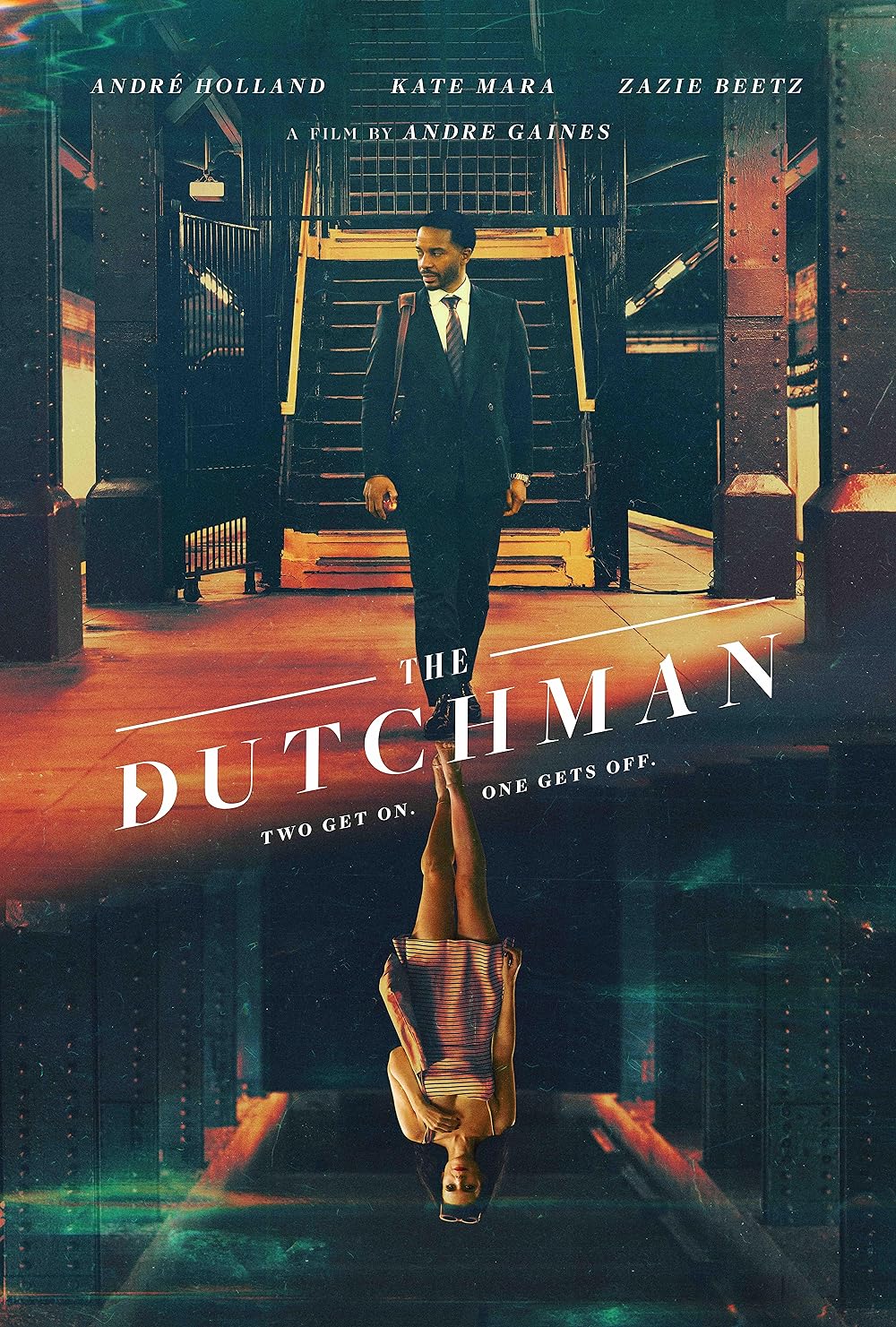
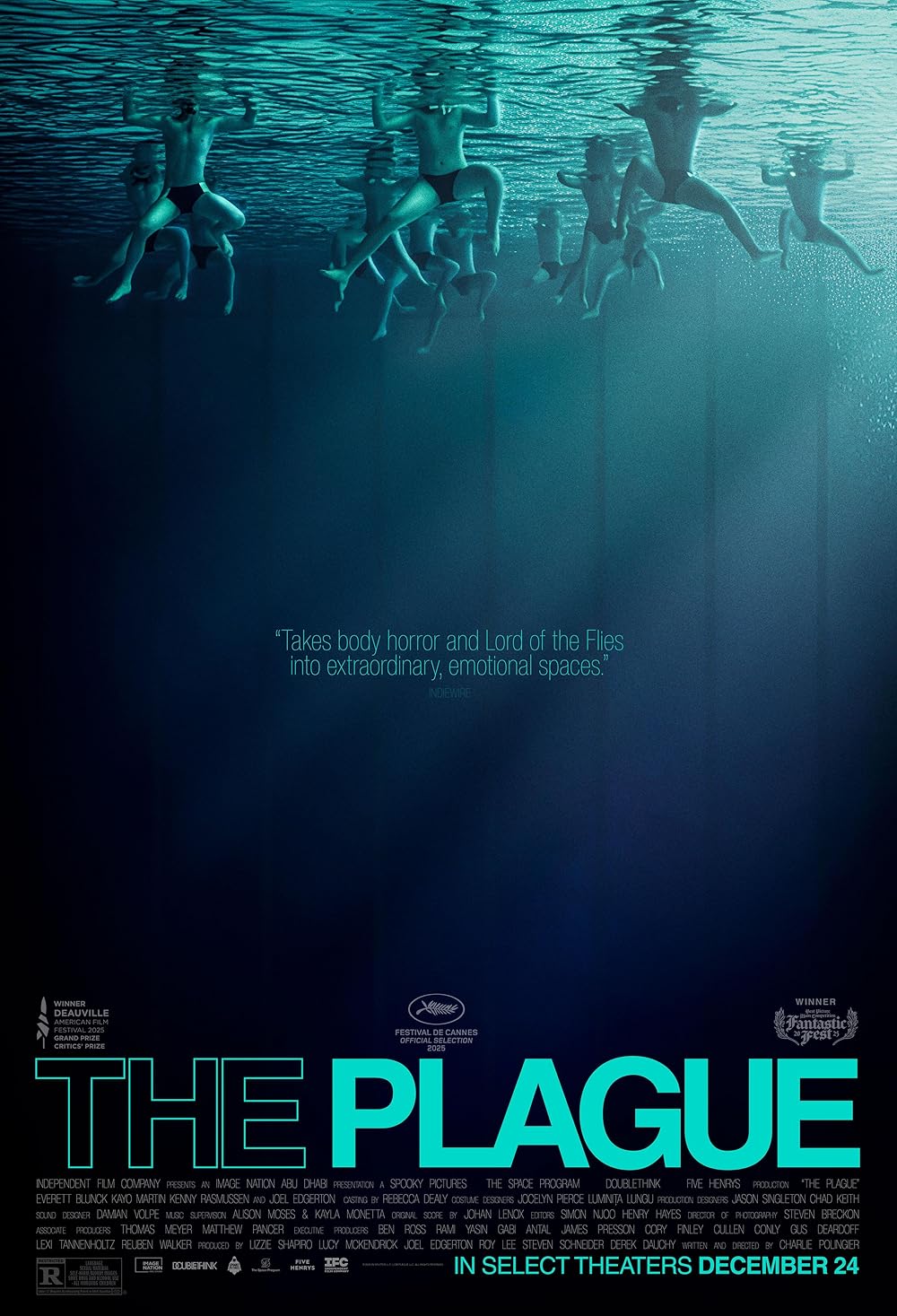
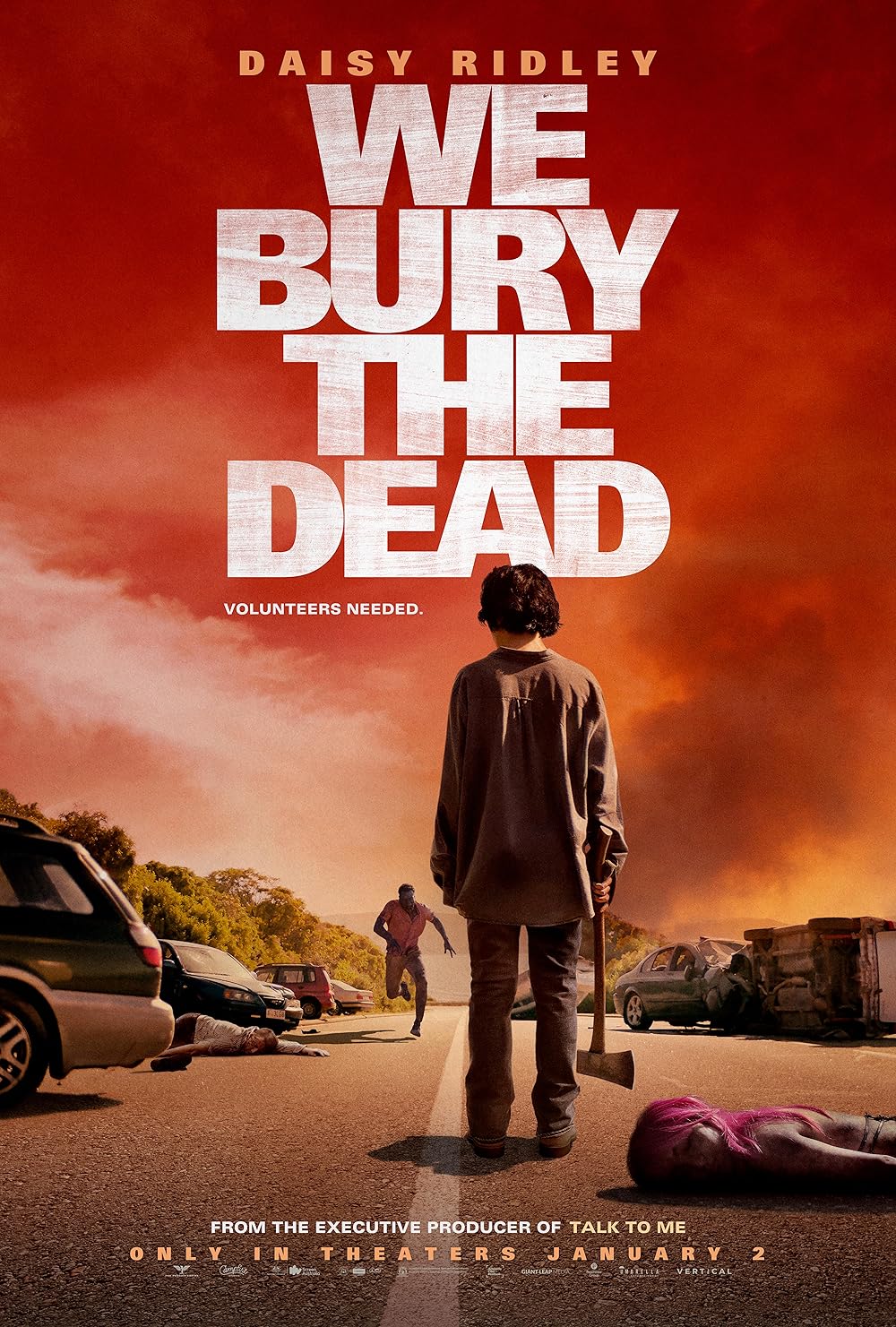 |
December 26, 2025

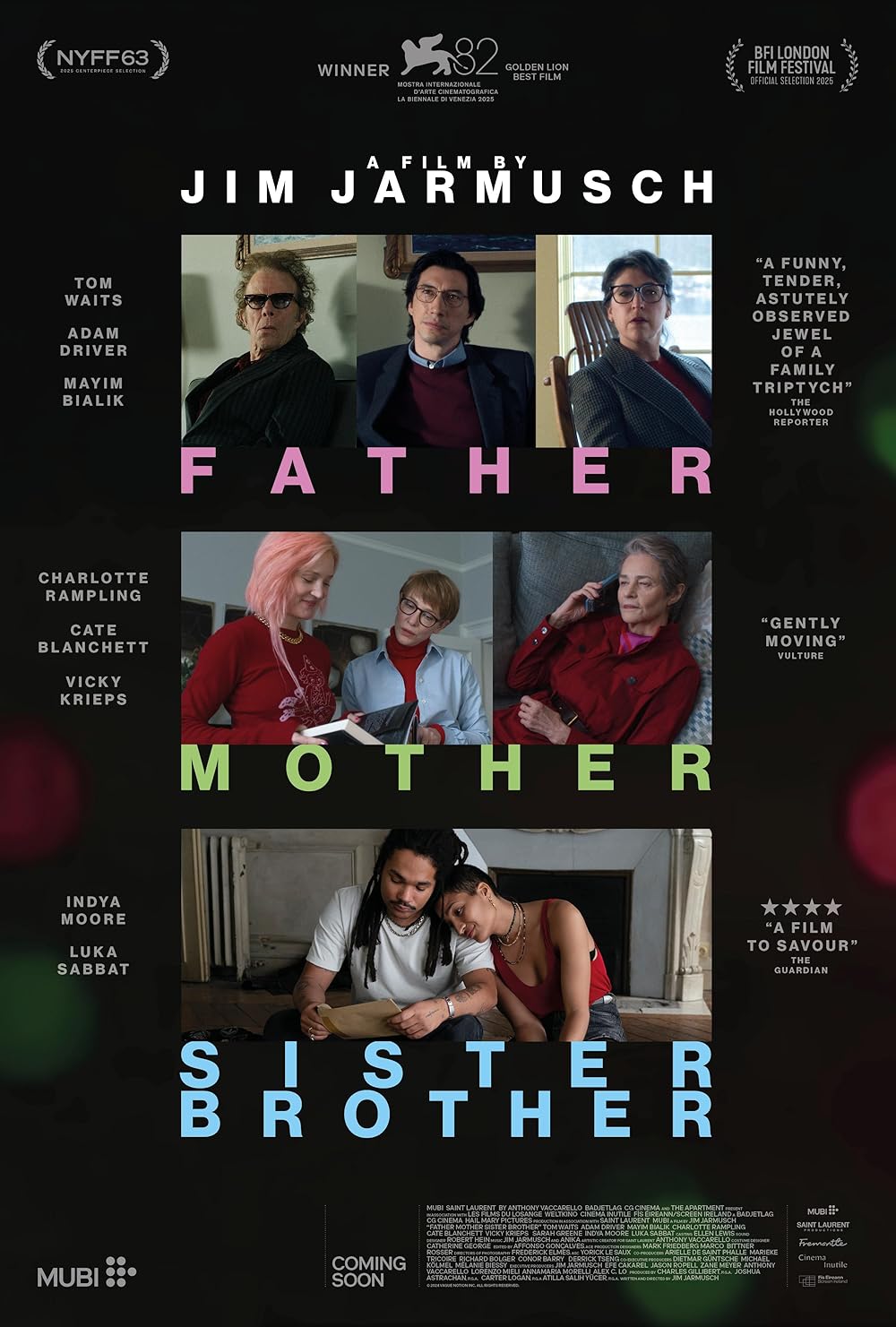
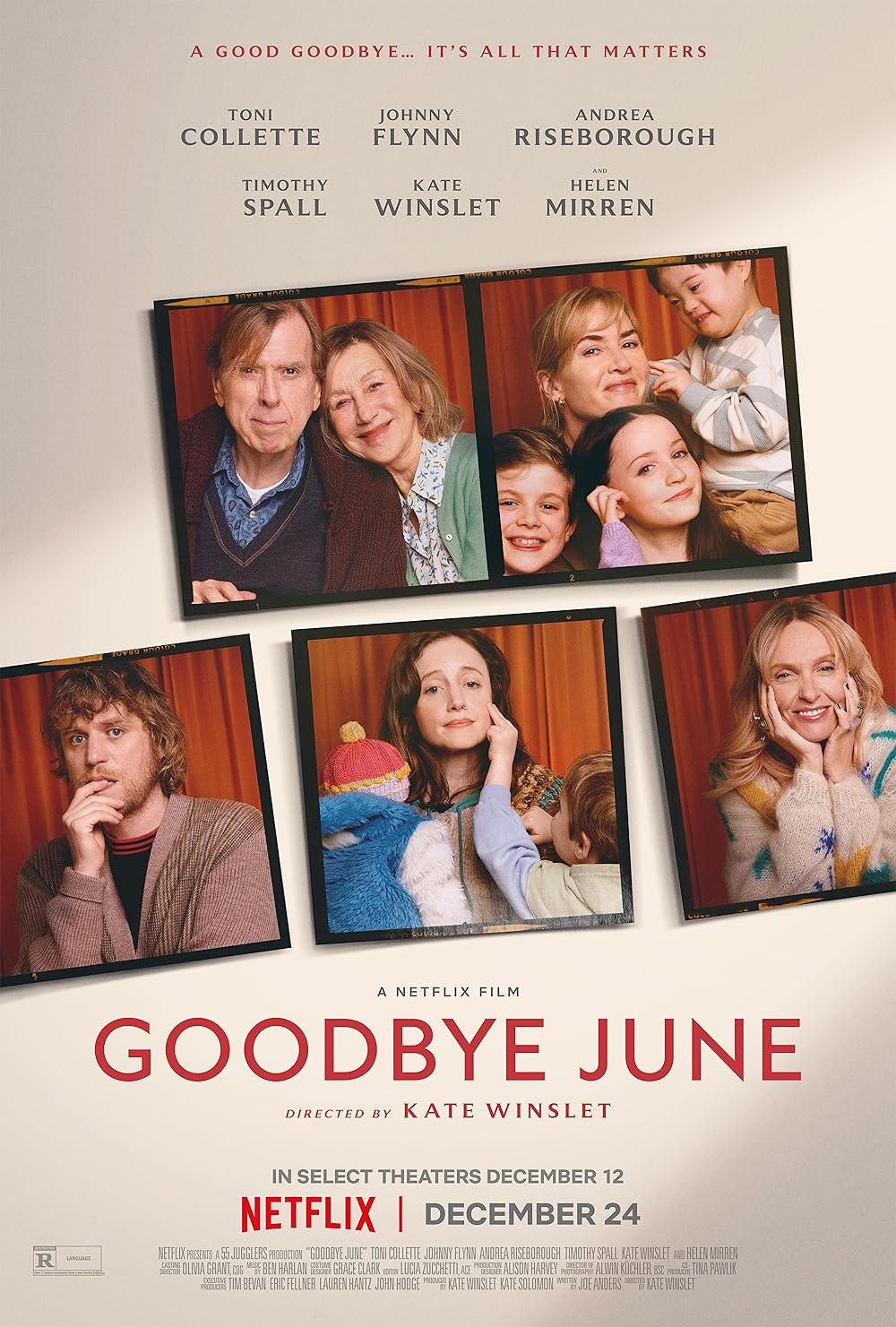


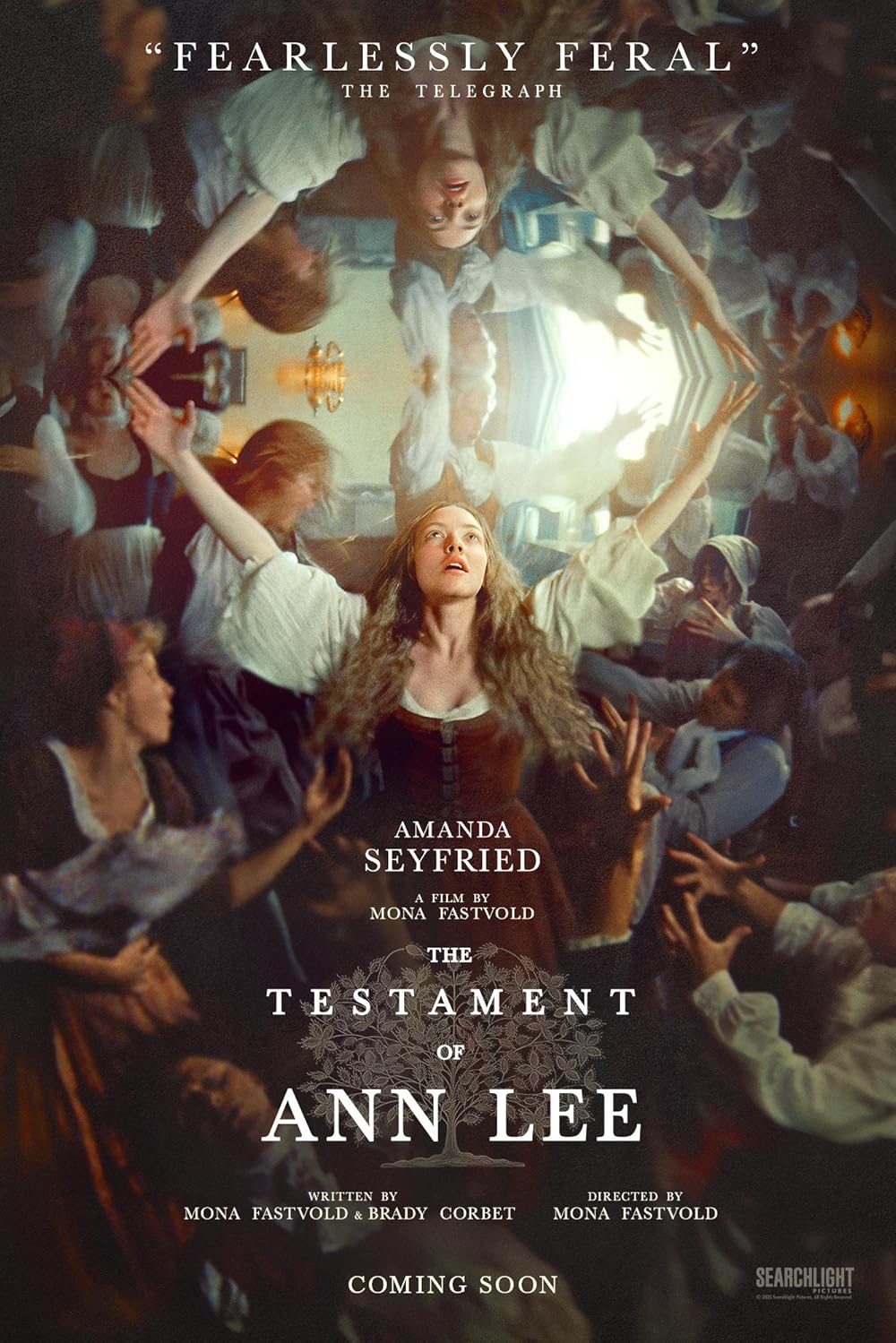 |
December 19, 2025

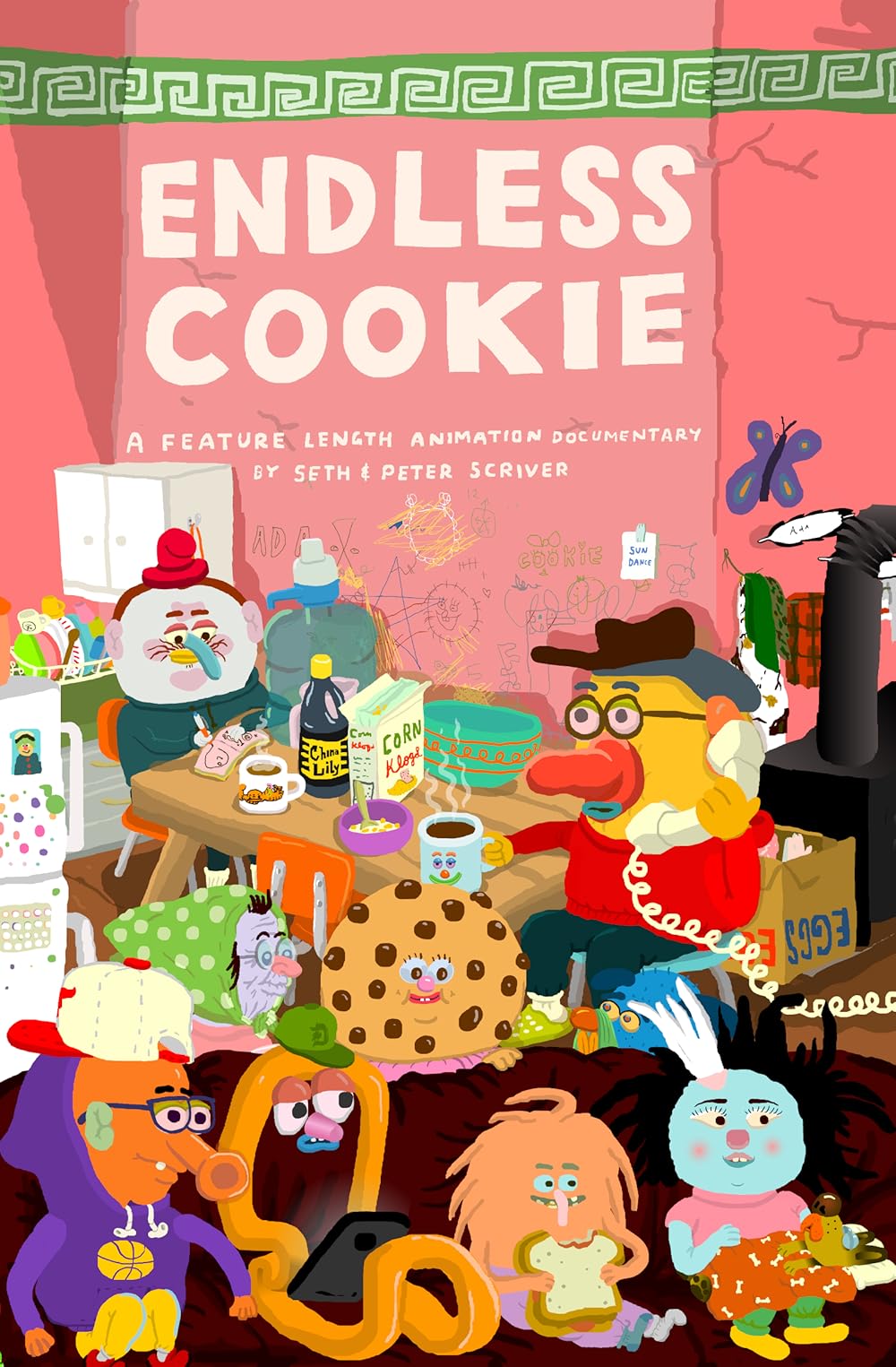
 |
|
|
|
Crumb
(1995)
Directed by
Terry Zwigoff
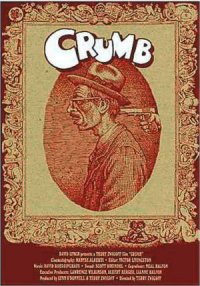
Review by
Zach Saltz
“Happy families are all alike;
every unhappy family is unhappy in its own way.”
- Opening lines of “Anna
Karenina”
The life of
the artist has become romanticized, it seems, from the bourgeois parties
of vogue modern Paris to the underground sex parties of the Warhol
generation.
In Terry
Zwigoff’s brilliant and harrowing documentary,
Crumb (1995), the myth of the
fabulous life of the artist is dispelled, and shown, in stark contrast
to popular assumption, as profoundly normal with occasional recognitions
by people on the street.
Zwigoff
profiles the graphic artist Robert Crumb, who was shot into fame in the
late 1960s with bewildering, hallucinatory images of deformed bodies,
absurd sex, and a lucid and droll satirical interpretation of mainstream
American culture. He is to his generation what Da Vinci and Picasso were
to theirs -- an underground savoir of sorts, who could save people���s
lives (and dry cynicism) through the sheer power of his art.
His work is compared to Brueghel and Goya by some, but Crumb
likens his art less to an aesthetic approach and more to a deep
resentment of materialism and conventionality.
“I started out by rejecting all the things that the people who
rejected me liked,” he says, “and then over the years I developed a
deeper analysis of these things.”
Crumb is one
hell of a guy.
His clothes
make him looked like he stepped right out of 1947 and his bulging Adam’s
apple convulses when he laughs.
He criticizes everything from modern comic books to the Grateful
Dead (“I went to some of their concerts and fell asleep”) to even his
own work (he all but disowns his famous “Keep On Truckin’” image).
He’s a cynic, yes, but not in the Woody Allen or Lenny Bruce
sense of the word.
He’s too
isolated to be laugh-out-loud funny, but his constant quirks and antics
are so strange and irreverent, there is nothing to do but smirk (like
how, when he was first introduced to his future mother-in-law, she
thought he was mentally handicapped).
What is most
remarkable about
Crumb the
movie is that it works not only as a study of the life and workings of a
great artist and American icon, but also as a sobering look at a deeply
wounded family.
We are
casually introduced to Robert’s two brothers, Charles (a
heavily-medicated introvert who hasn’t left the confines of his house
for thirty years) and Max (who sits on a bed of nails while drawing a
long linen tape through his body to clean his intestines).
We learn about their immensely unhappy childhood, with a
borderline-abusive father and a drug-addicted mother, and how the
presence of great art, particularly in the form of comic books, gave
them hope for their future as well as a sense of meaning in their lives.
It was their escape, their therapy, from the harsh realities of
troubled parents and odious high school bullies.
Many of Robert Crumb’s comics are surprisingly autobiographical,
despite the abhorrently deviant nature of his work, and suggest that he
was indeed able to find solace from his loneliness; Charles, the older
brother from whom Robert says he got his first inspiration, was not able
to cope so well.
I think that
this is the second-greatest documentary ever made (Michael Apted’s
Up Series is the best).
It is the prototype for all amateur documentarians to admire and
learn from.
Zwigoff uses a
wide variety of techniques to catapult the viewer’s interest to this
strange, sometimes disturbing story.
Firstly, the film devotes quite a bit of time to simply capturing
Crumb’s artwork; there is one sequence toward the end when the camera
focuses on one of the comics for what seems like an eternity, as Crumb
himself reads the dialogue from the strip to us.
The artwork seamlessly parallels Crumb’s own absurd and
bewildering life, and there is no doubt, when he talks about his bizarre
sex life, that the comics are an outlet to express these grossly
repressed tendencies.
The
art also tells us quite a bit about Robert’s life, and provides us with
many integral parts of his personality that cannot be put into words.
The second technique Zwigoff employs is introducing us to a wide
variety of strange, equally memorable people in Crumb’s life.
There is his current wife, Aline, whose own wild life could
probably merit of movie of its own as well.
She provides some of the film’s funniest moments, as when she
introduces us to her own unique artwork.
There’s Crumb’s first wife, Dana, with whom he first experimented
with drugs and radical drawing techniques.
And then there are the central artists and critics of the
underground movement, some who respond to Crumb with open arms, others
who call him misogynistic and perverted.
Finally, and
perhaps most importantly, Zwigoff creates an image of America --
something extremely hard to do in this brazenly confident era of
burgeoning John Updikes and Tom Wolfes.
It’s spectrum resembles an impressionist painting; from far away,
the image looks beautiful and polished, but as we approach the painting
and look closer inward, we discover that the image is skewered, deeply
flawed, and often incoherent.
Robert Crumb’s life is about as absurd and unusual as it gets,
and it should come as no surprise, through the carefully chosen works of
Mr. Tolstoy, that his life is full of woe and sorrow.
But what is most enduring is how Crumb continually found (and
still finds today) a way to bear the many inordinate hardships his life
has thrown him.
Perhaps
this is how so many of us are able to seek salvation through art -- or
is it art through salvation?
Rating:

# 25 on Top 100
# 2 of 1995
|
|
New
Reviews |
2023 PINOT BEST PICTURE
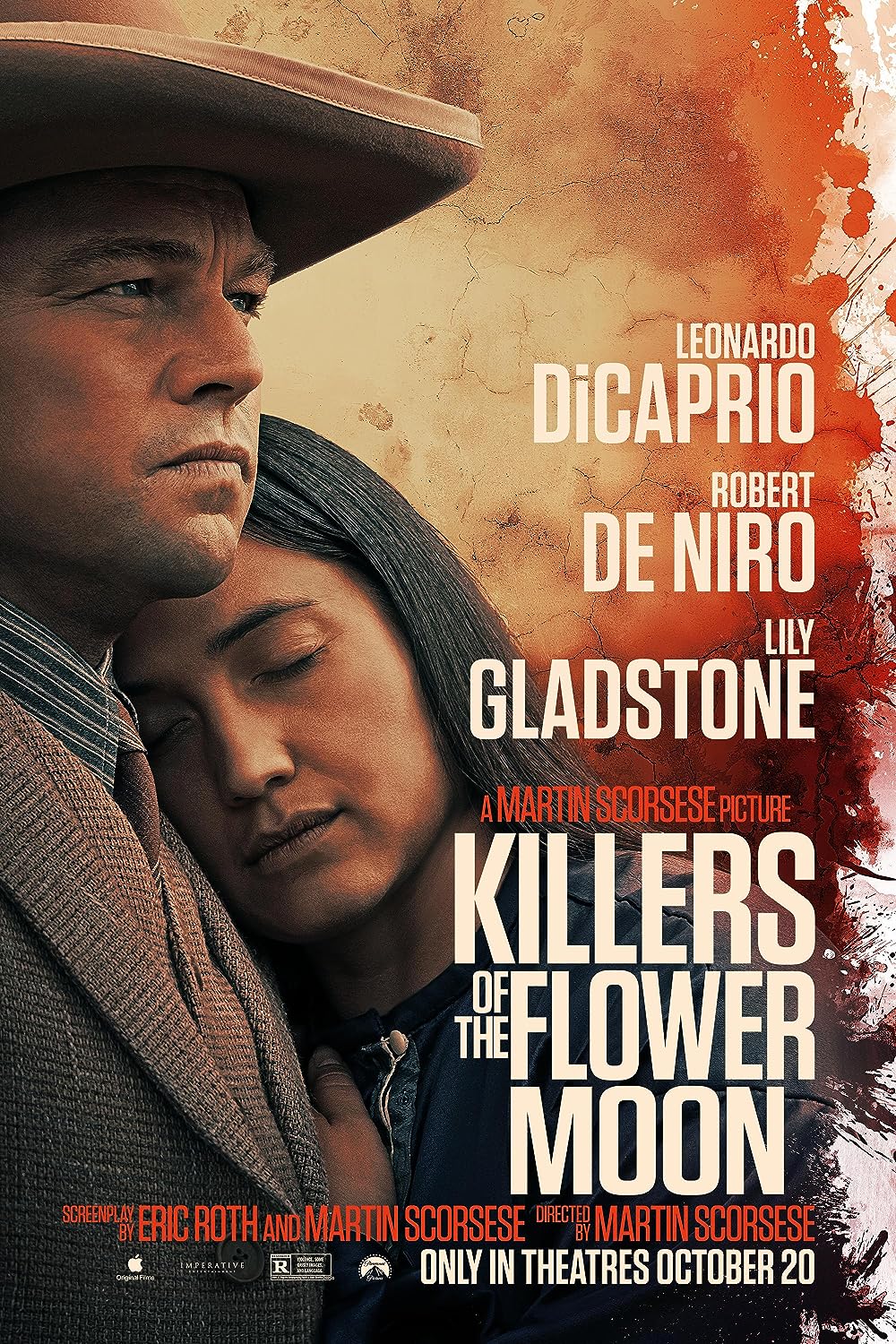
PODCAST DEEP DIVE |

Podcast Featured Review |

Podcast Featured Review |
Todd #4 Most Anticipated

Podcast Review - Todd |

Podcast Review - Adam |

Podcast Review - Zach |
Top 10 Blindspot
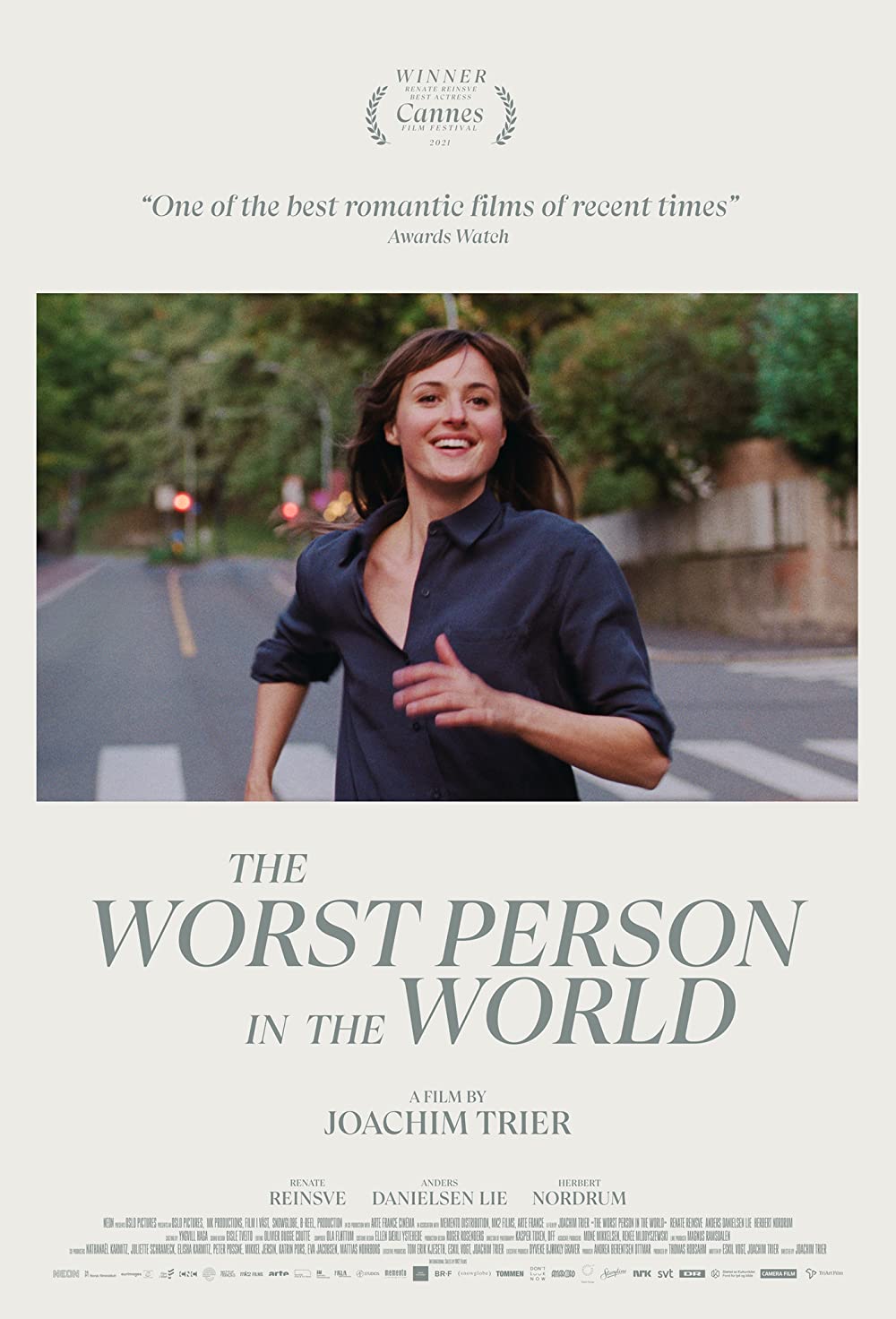
Podcast Review - Adam |
10th Anniversary

Podcast Oscar Review - Terry |
30th Anniversary

Podcast Oscar Review - Terry |
2025 PINOTS

Nominations & Debates |
2024 Pinot Best Picture

PODCAST DEEP DIVE |

Podcast Featured Review |

Podcast Review - Todd |

Podcast Review - Zach |
Top 10 Blindspot

Podcast Review - Adam |
10th Anniversary
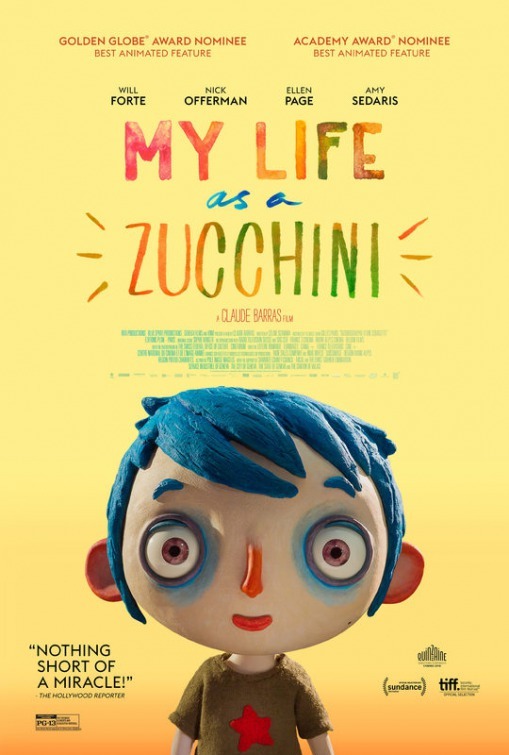
Podcast Oscar Review - Terry |
20th Anniversary
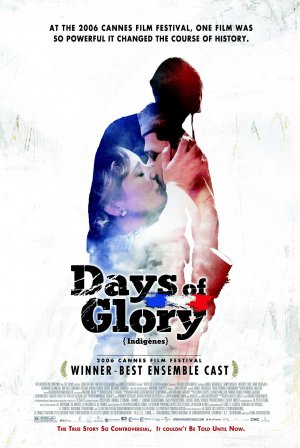
Podcast Oscar Review - Terry |
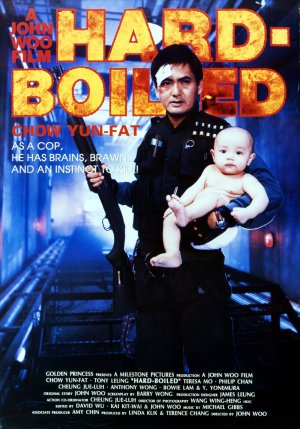
Podcast Review - Zach |
TOP 10 FILMS OF 2025
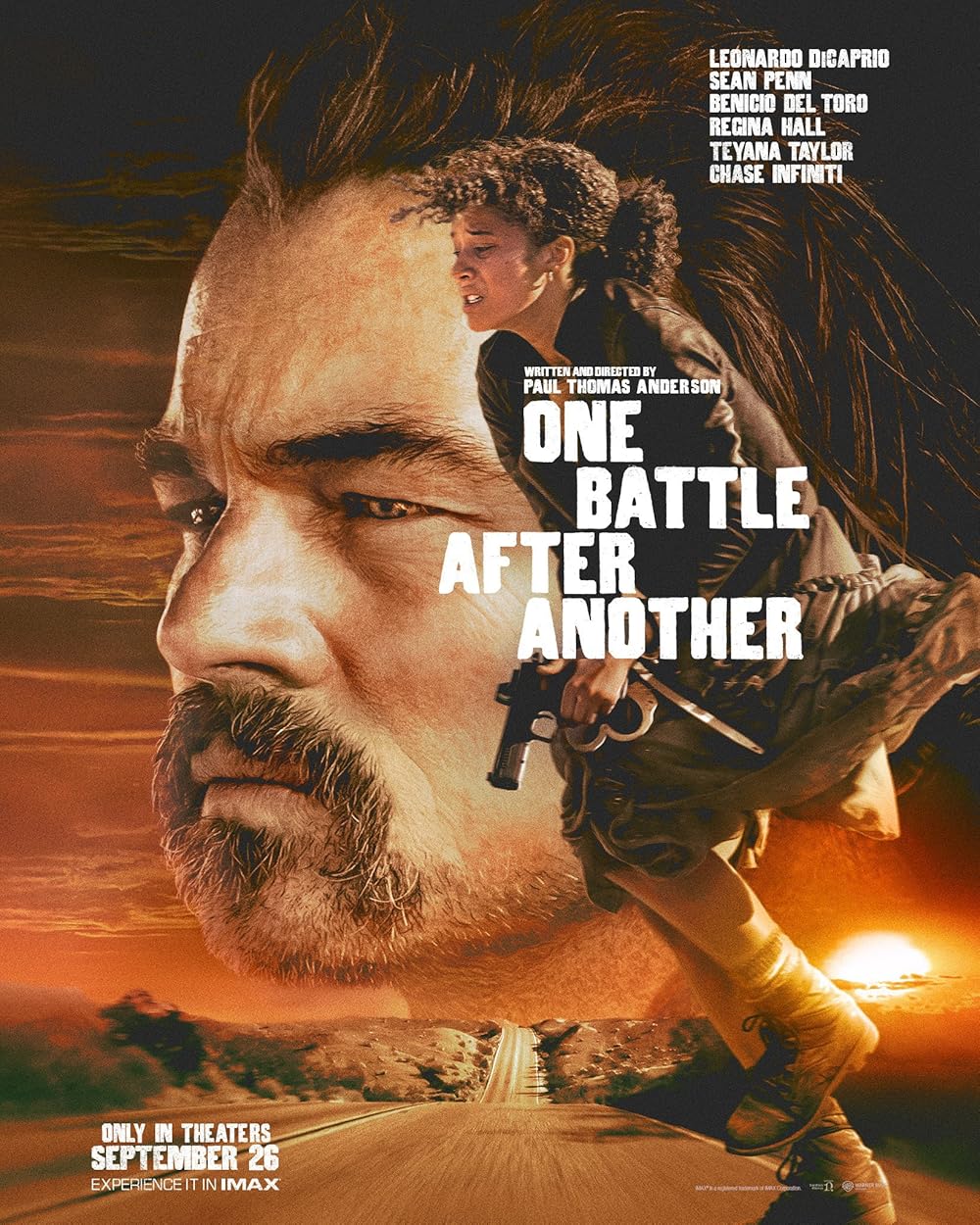
LIVE ON YOUTUBE!!! |
Reactions to the Nominations
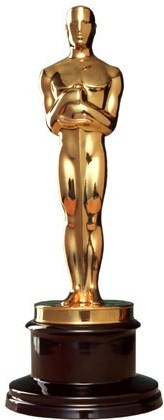
Written Article - Todd |
2026 Oscar Predictions: Final

Written Article - Todd |
Todd Most Anticipated #5

Podcast Featured Review |

Podcast Review - Todd |

Podcast Review - Terry |
|
|
|